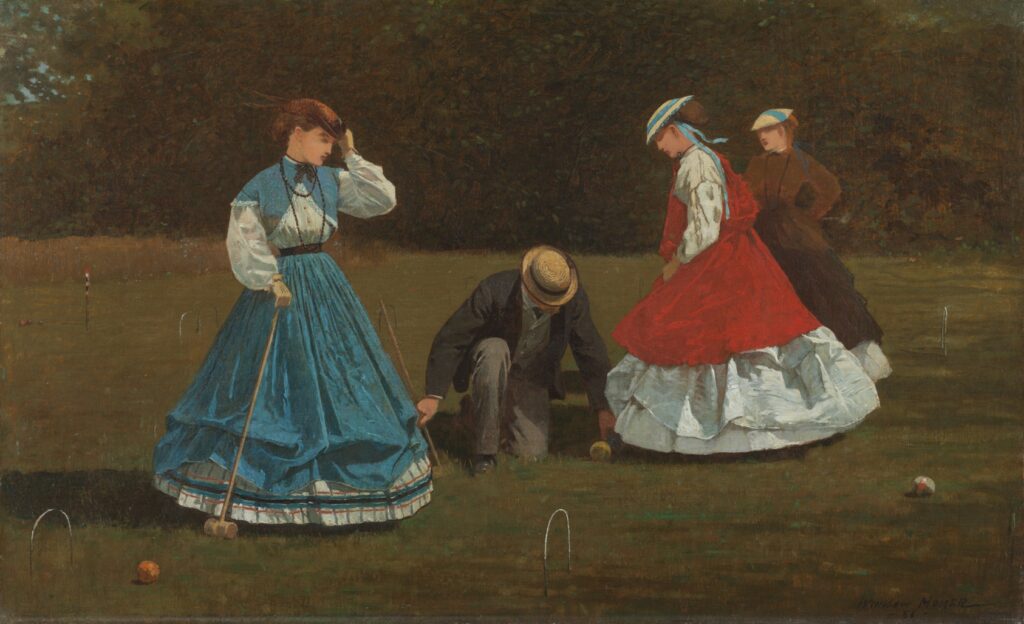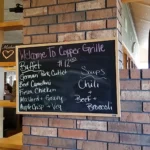In speaking with one of my regular clients every week, whom I’ll call Harry1, I noticed a recurring topic. At first I shrugged it off as a sort of complaint that everyone makes about “the way things are these days”, the kind of throwaway comment that everyone makes now and again. It’s a grumble, sure, but it’s as old as time and even the subject of jests: the old man shaking his fists at the young whippersnapper to “stay off my lawn!” It’s funny until you find yourself making the same sort of comment, and then you hear your father or mother or grandparent’s voice coming from your own mouth and ruefully recognize that maybe they had a legitimate complaint after all.
In this case, Harry had been observing that “people these days” didn’t seem to be as nice as they used to be. I agreed, not giving it much thought, and we moved on to other topics. I noticed, however, that he said almost the same thing the next week, and I realized that perhaps it wasn’t as much of a generalization as I’d first thought. “Why do you say that?” I asked.
“You just notice that no one holds the door for anyone anymore,” he said. “People are quite rude. I think it started with Covid and it’s been getting worse since then.”
“I notice that, too,” I said. A thought formed in my mind that his wife had been ill and had since passed away in that time, and I wondered if there was a connection to his loneliness and his view on the world around him, but I let it pass.
The next week, sure enough, Harry made another reference to how things had changed in the world. “Common courtesy isn’t so common,” he said over the phone, and I could almost hear him shaking his head.
“Did something happen to make you say that?” I probed.
“It’s just that I used to go out shopping with Molly, my wife. We did it all the time. We’d go all sorts of places together: the grocery store, the pharmacy, the mall at Christmastime …” he trailed off, as if remembering their life together. His tone changed. “People were nicer then. Now, they just push ahead. No one looks out for anyone anymore. I just get in and do what I have to. There’s no point in spending any more time out there than I have to.”
I pondered this. What I had first mistaken for a throwaway complaint, a generic grievance of the aging population, had turned out to be much more than that. Harry and I had been talking for several months, and he hadn’t mentioned much beyond his hobbies and ordinary interests and pursuits, such as mowing the law and making dinner. He answered the phone dutifully when I called and seemed nice enough; he participated in conversations every week, but nothing had led me to believe that we had established a cherished friendship or built a deep bond of trust. All at once, it became clear that he was opening up in his own way: one that I had almost missed and one that had only been granted because of those months of previous, easygoing conversations. How I handled the next step was crucial.
“It sounds as if you and Molly did so many things together,” I observed. “ How long were you married?”
This was exactly what Harry didn’t know he needed; he shared a few anecdotes about her, but stopped short of anything too emotional. The next week, he voiced another complaint in the same vein about how things in the past had been better. I recognized a pattern. Things in the past, when Harry had been married and in the prime of life, will always seem preferable to his present, which is full of loss in many ways. Perhaps it is a cue that he wants to share his memories but doesn’t know how to do so. All I need to do is ask.
Building a friendship takes time and effort. It may take more energy than families have to give to their own loved ones. It is still vital that people have a chance to connect to others, and when they have that chance, they open and flourish and can even heal emotional wounds that have been or could possibly fester. Loneliness is a cancer and dedicated friendship is the cure. Anyone can be that friend and alleviate suffering today; will that person be you?
- Names in this article are substituted in order to provide confidentiality ↩︎



